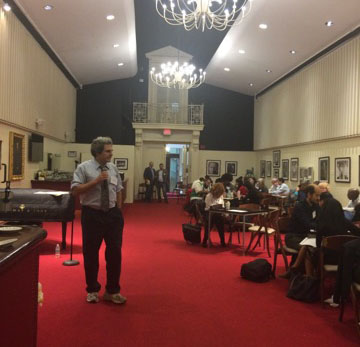 Name: Rebecca Frost
Name: Rebecca Frost
Organization: Margarita Muñiz Academy
Title: Lead Teacher of El Sistema-Inspired Music Program
Music Genre: Varied Genres – Wind Ensemble
Years in the Field: 9
What do you do at Margarita Muñiz Academy?
I teach instrumental music (wind ensemble) to high school students ranging from beginners to students with 3-4 years of experience. On a typical day, I coach students in sectionals and/or direct full ensembles. When in sectionals, I work mostly with woodwind players, while our faculty who specialize in brass and percussion typically work with those sections accordingly.
Why do you do what you do?
Since I was in high school, I knew that I wanted to go into music, and then I fell in love with teaching when I was in college. I love watching students grow as people and as musicians; their excitement fuels my motivation on a daily basis! I am also passionate about providing quality music education to students who wouldn’t otherwise have the opportunity.
What comes easiest to you in this work?
Teaching beginners. They are eager to learn and their enthusiasm at every accomplishment fuels their motivation to continue learning more and improving.
What challenges you in this work?
Supporting students through many challenging situations that happen outside of school. It is hard for me to imagine what many of my students live with on a daily basis – violence, interrupted schooling, language barriers, living in a shelter, or being the primary caretaker at home. I am constantly wondering how we can better support our students not only as musicians, but as people.
What does it mean to your community that you do this work?
There is a need for high quality music programs in Boston Public Schools, and the Margarita Muñiz Academy attracts students not only for its dual-language curriculum, but also for its music program. We also provide opportunities for teaching artists at local universities and music organizations to come in and work with our students, in addition to accepting student teachers from Boston Conservatory/Berklee. Our students participate in collaborative community events with the El Sistema community, Boston Public Schools community, Charles River Wind Ensemble, and the Boston Symphony Orchestra through their residency program in Jamaica Plain.
What do you create in your free time?
I try to “create” space to relax in and focus on life. I practice flute regularly and I fill-in as a flautist with various local ensembles. I also enjoy making modern needlepoint artwork. I have many of them framed in my apartment, and I make them for friends sometimes too. I also “create” time to volunteer. In the past, I have volunteered weekly at a soup kitchen and a senior home; I am currently volunteering at Daily Table in Dorchester – a non-for-profit grocery store that provides high quality healthy food at affordable prices.
What music do you like listen to (if even a little too loudly)?
I like a wide variety of music, and what I listen to depends on my mood. I like classical music, especially Shostakovich, Copland, and Mahler. I also really like a lot of international music – lots of Latin music and sometimes Irish music. I am a huge fan of Broadway shows, so I often shuffle some Broadway soundtracks into my listening. Right now, I’m listening to a lot of “Hamilton”, “Les Miserables”, and “Book of Mormon.”

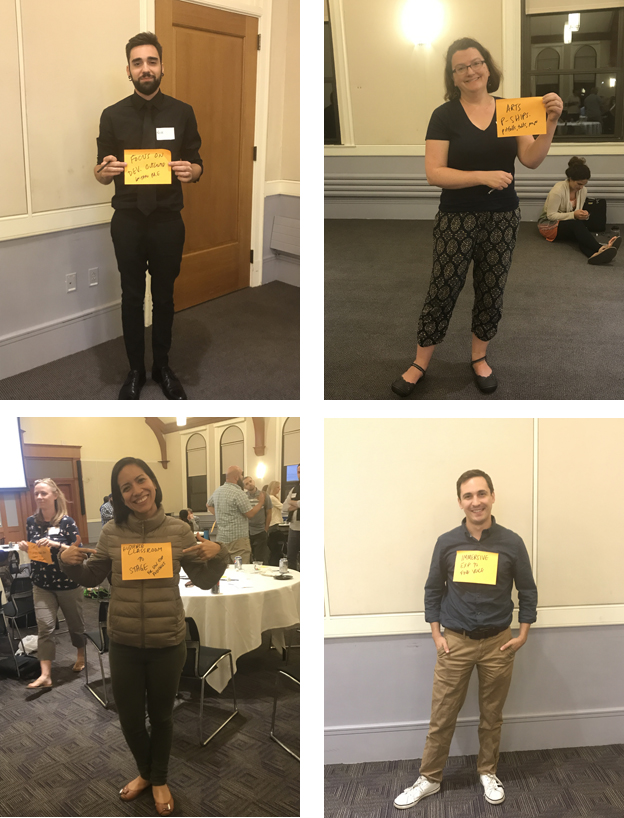
 Name: Bithyah Israel
Name: Bithyah Israel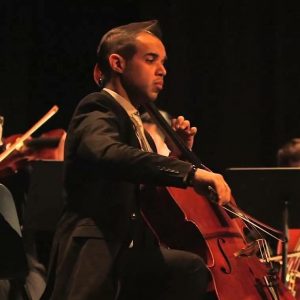 Name: Silas de Oliveira
Name: Silas de Oliveira Name: Marielisa Alvarez
Name: Marielisa Alvarez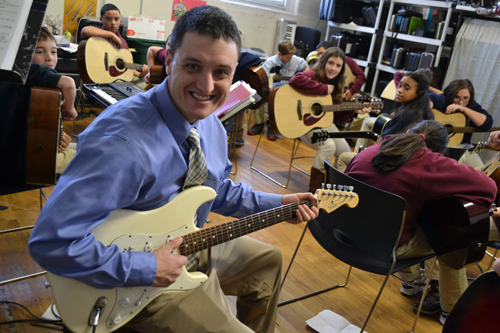 Name: Ian Gollub
Name: Ian Gollub
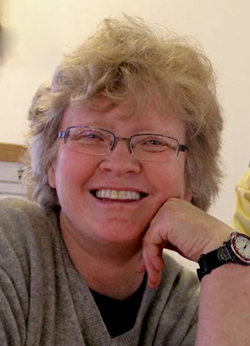 Name: Jane Money
Name: Jane Money
